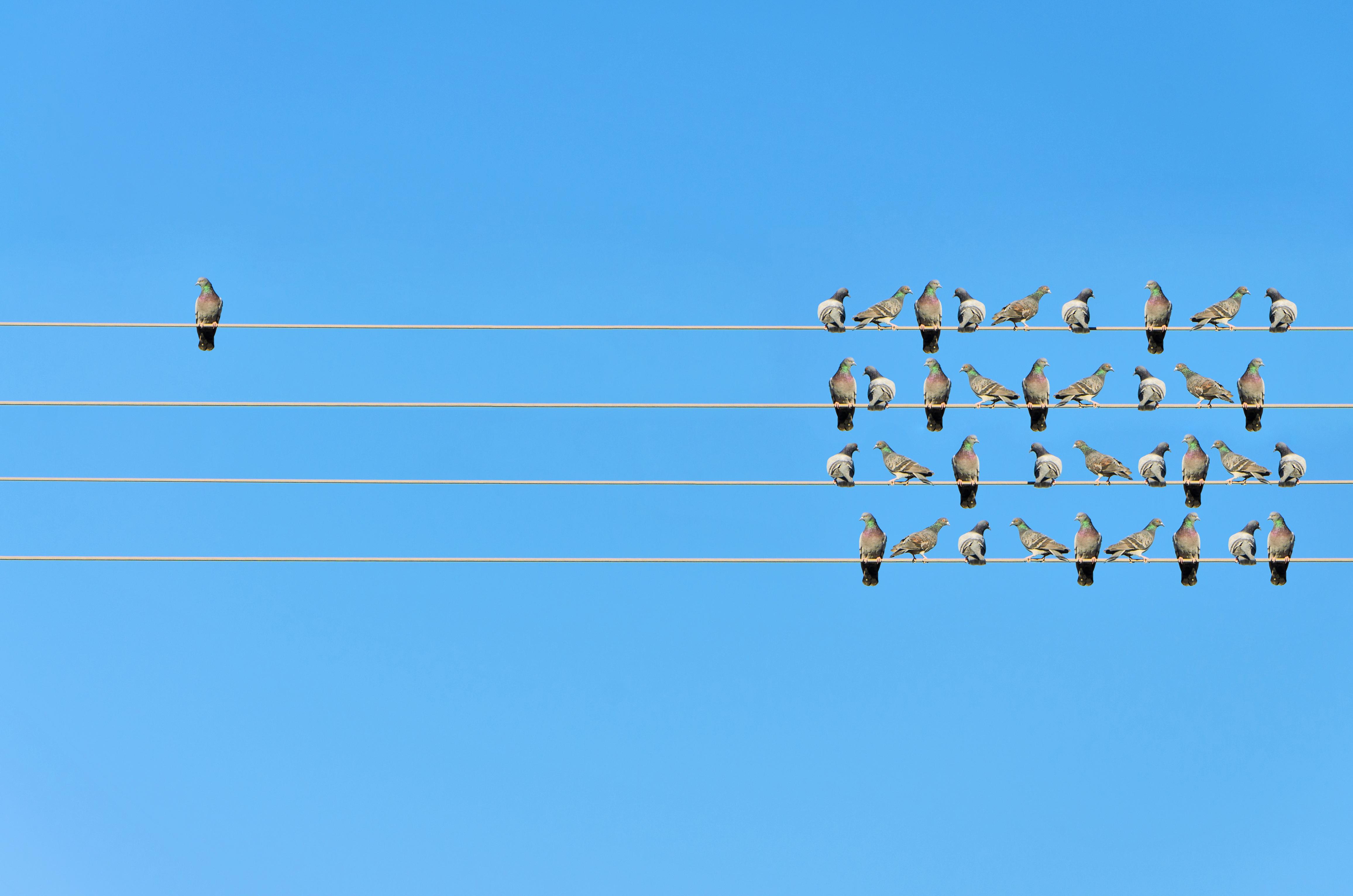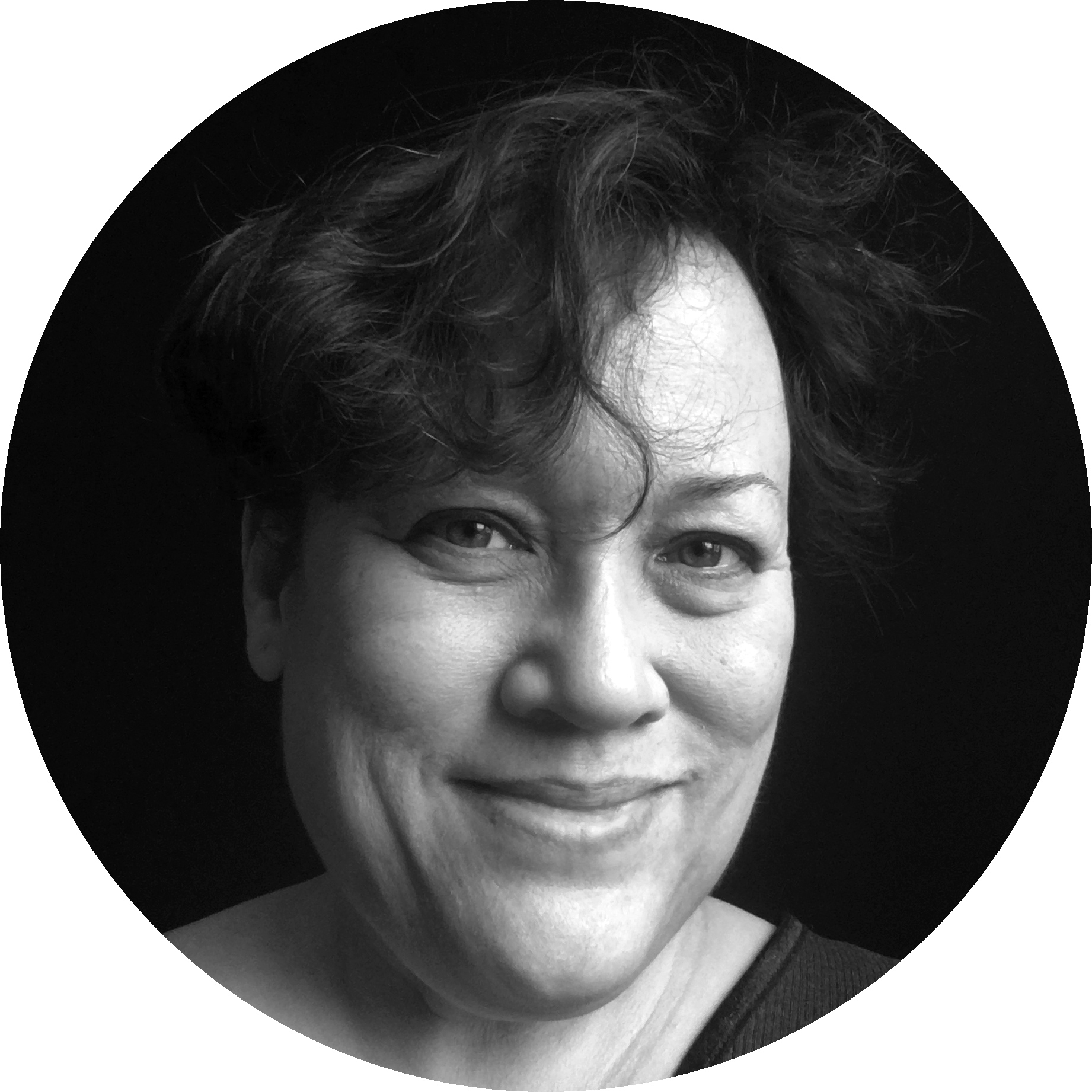Living as an introvert in an extrovert's world
We're not rude or uncaring. We're just overwhelmed.


A free daily email with the biggest news stories of the day – and the best features from TheWeek.com
You are now subscribed
Your newsletter sign-up was successful
"OMG honey! You look amazing! What's new?"
"Well, it's about time. You kids never come to visit me!"
"Want some chips and salsa? How about a beer?"
The Week
Escape your echo chamber. Get the facts behind the news, plus analysis from multiple perspectives.

Sign up for The Week's Free Newsletters
From our morning news briefing to a weekly Good News Newsletter, get the best of The Week delivered directly to your inbox.
From our morning news briefing to a weekly Good News Newsletter, get the best of The Week delivered directly to your inbox.
Just 60 seconds into our latest family get-together, I'm exhausted and need to sit in a corner. By myself. Away. The ringing in my ears starts slowly and grows until I can't hear what's going on. My head feels hot and I am afraid I might faint.
But my affliction isn't physical. I'm not a migraineur. I'm not agoraphobic.
I'm an introvert.
By nature, I'm quiet, shy, reclusive, and highly sensitive about what and who I choose to surround myself with. My profession, however, requires that I know how to mingle, network, schmooze, and be the ultimate "me" in public situations among lots of extroverts. Or maybe my writer peers are just like me: introverts trying to pass as extroverts. I can easily transform into a social butterfly when the situation calls for it, but honey, I'm telling you, I'll need three days of solitude to recover.
A free daily email with the biggest news stories of the day – and the best features from TheWeek.com
I don't know why I am this way. I don't know if it's genetic or learned. Maybe a little of both.
My parents were charming extroverts — the beautiful people who hosted dinner parties for sparkling, intelligent, witty guests. In those days, kids weren't part of the dinner party scene. I was relegated with my grandmother to a back bedroom, out of sight. But I didn't mind. I preferred the dark solitude of my room where my grandma and I would watch cartoons or she would read a book to me until I fell asleep in her arms.
Despite being marvelous entertainers, my parents argued every single day of their married lives, and as a child, I always feared they would divorce. I lived in a house filled with yelling, dishes-as-Frisbees, slammed doors, tantrums, and threats. My mom once explained that this was how she and Dad showed love for each other, that it was the only way they knew how to communicate. It made them both feel alive and vibrant.
To me, it was nothing more than crazy, violent noise. And while my parents seemed to recover from it easily and head to bed every night with a kiss and an "I love you," I found myself chronically disturbed by the chaos, restless, and unable to sleep. I've been hyper-sensitive ever since, and that means I don't handle sensory overload as well as non-introverts do.
Sensory overload means that one or more of your five senses are bombarded with excessive sound, visuals, taste, smell, or touch. Imagine yourself at a rock concert with general seating. For extroverts, the overall sensory experience is heightened by music. They love the buzz of energized fans in close proximity to them, the taste of an ice cold beer, the sight and sound of entertainers, and the physical contact with other people. They want to get closer to the stage. It's all part of the experience. Afterward, an extrovert will go home and order a pizza, chill out with your friends, fall asleep, and wake up the next day without incident.
But for an introvert, the same scenario has a very different effect. The lights, ground-thumping bass, and ear-stinging electric guitar riffs, along with the acrid smell of smoke and beer combine to create an overwhelming bombastic attack on an introvert's senses. Even just one of these components can be so overwhelming that it sends us into a desperate mindset where all we want is peace, quiet, and darkness.
Extroverts recharge by being around other people; the ones in my family say they actually feed off the energy of other people and have said that they feel alone, despondent, and even desperate when left to themselves. We introverts replenish ourselves in peace and quiet. We feed off solitude.
I have left parties with as few as 10 people in attendance with my ears buzzing and my eyes dry and itchy. When I'm overwhelmed, I feel claustrophobic, as if I need to get out in the fresh air away from people and the environment. It's a feeling so insistent that I can't even stand to listen to the radio while driving home. When I get back to my house, I take a hot shower and sit in a dark room and watch a sitcom until my senses return to normal.
Don't get me wrong: Introverts are not cold, indifferent, uncaring people. We feel everything deeply and intensely and are what the regular population would call "sensitive." We care deeply about the people around us and those we choose to let "in." We are malleable and can adapt to nearly any situation that society brings on. But it all comes at a toll that almost no one ever sees or believes.
So if you see someone sitting in the corner at a party, don't assume she is a wallflower. She's probably there with her glittery, extrovert friend and is just recharging her batteries. Don't hesitate to ask if you can sit with her; we introverts are pretty interesting people if you step away from the surrounding chaos. Give it a try. Sit in solitude with us and get to know us.
It's what my introvert husband took a risk on 19 years ago. And we've been enjoying our introversion — together — ever since.
Shelley Moench-Kelly is a freelance writer and editor from Vermont via Los Angeles and Tokyo. Her freelance clients include Google, L'Oreal Paris, and MedEsthetics magazine.
